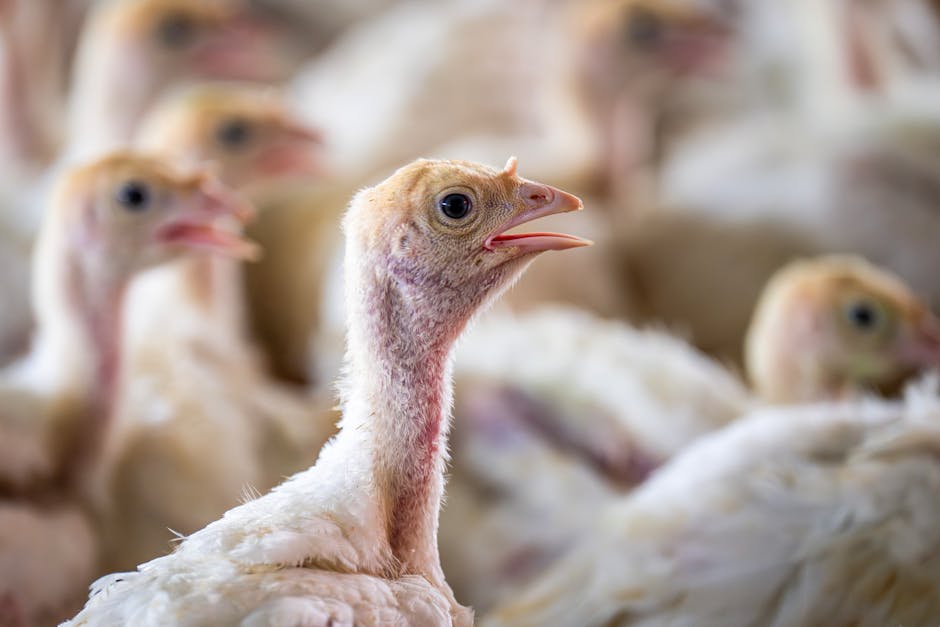Agricultural practices, fundamentally intertwined with human sustenance, face a crucial ethical examination. Raising livestock, a cornerstone of global food production, presents a complex web of considerations extending far beyond the practicalities of yield and profitability. A critical appraisal of these practices requires acknowledging the interconnectedness of animal welfare, environmental impact, and human well-being.
A paramount concern in ethical livestock farming revolves around animal welfare. This encompasses a broad spectrum, from the conditions in which animals are housed and the procedures employed during their life cycle to the manner of their eventual slaughter. Modern farming practices vary significantly, and some methods demonstrably prioritize the comfort and well-being of animals. For example, free-range systems, while potentially less efficient in terms of yield, often provide animals with greater opportunities for natural behaviours, such as foraging and social interaction, and potentially reduce stress. Conversely, intensive farming systems, though geared towards maximizing output, frequently raise concerns about the confined spaces and restricted movement that can detrimentally impact animal health and psychological state. The density of animals in these systems can lead to increased risk of disease transmission and, in some cases, necessitates the use of prophylactic or preventative medications which can then enter the food chain.
Beyond the immediate well-being of the livestock, the ethical implications of their handling and slaughter methods are equally significant. Slaughterhouses, while often regulated, can present challenges in ensuring humane practices. Procedures that prioritize swift and painless death are essential, and ensuring that these standards are consistently met across all operations is critical. Transparency in these processes can offer valuable insight into adherence to ethical standards, allowing for accountability and potential improvement.
Another critical aspect of ethical livestock farming is its environmental footprint. Livestock production plays a substantial role in greenhouse gas emissions. Enteric fermentation in ruminants, such as cattle and sheep, generates significant methane emissions, a potent greenhouse gas. Feed production, including the clearing of land for grazing or feed crops, contributes to deforestation and habitat loss. These practices directly impact biodiversity and contribute to the accelerating climate crisis. Sustainable farming practices, including rotational grazing, manure management techniques that minimize greenhouse gas emissions, and the selection of feed crops that minimize environmental impact, are essential for reducing the environmental impact of livestock production.
Furthermore, the ethical implications of livestock farming extend to the welfare of workers involved in the production process. Many livestock farms, especially those operating on a larger scale, employ a workforce that is often subjected to physically demanding conditions and potentially precarious labor practices. Fair wages, safe working environments, and opportunities for professional development are paramount ethical considerations that must be part of any comprehensive assessment of ethical livestock farming.
The economic and social contexts also influence ethical discussions on livestock farming. For many farmers, livestock production is a crucial livelihood and a means of supporting their families and communities. Promoting sustainable livestock production models, however, can sometimes be perceived as financially restrictive. Finding strategies that support the livelihoods of farmers while simultaneously minimizing the negative environmental and animal welfare impacts is a major challenge. Supporting fair-trade practices, and incentivising sustainable farming techniques, could help address this balance.
Consumers play a critical role in shaping ethical livestock production. Demand for sustainably produced, ethically raised livestock and agricultural products can incentivize producers to adopt more responsible practices. Transparency in the supply chain can empower consumers to make informed choices aligned with their values. Choosing products with certifications that guarantee ethical sourcing and animal welfare can further support these initiatives.
The complexities of ethical livestock farming necessitate a multi-faceted approach. Recognizing the interconnectedness of animal welfare, environmental impact, and human well-being is crucial. Proactive measures, such as comprehensive regulation, industry-led initiatives to set and maintain standards, and consumer education, are critical for promoting ethical practices throughout the livestock production chain. Ultimately, a holistic understanding of the implications of livestock farming requires a move away from singular focus areas to a more comprehensive approach that prioritizes the ethical considerations and balances the interests of producers, consumers, animals, and the environment. Cultivating a greater awareness and fostering dialogue among all stakeholders is essential for navigating the complexities of this critical issue, ultimately aiming for a more responsible and ethical future of agriculture.






